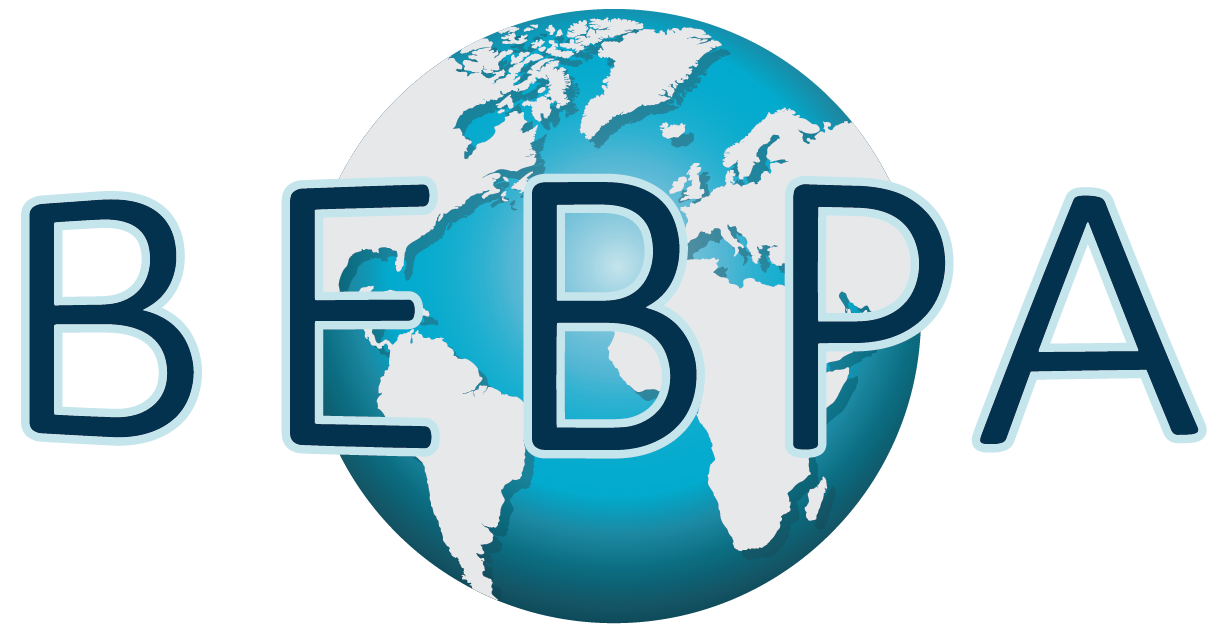BEBPA Blog
Tech Briefing: Forced Degradation for CGT Products
The 2023 FDA Draft Guidance on Potency Assurance for Cellular and Gene Therapy Products makes the expectation clear that every lot of drug product (DP) will need to be tested for the potency to “achieve intended therapeutic effect”. Further, any lot release test(s) will need to confirm product potency meets acceptance criteria. Inherent with this concept, however, is the need to understand/know the mechanism of action for the cellular therapeutic so that one is confident that the potential bioassay/potency assay is reflective. Confounding this is the fact that CGT products often have multiple biological activities associated with them, and pinpointing those activities that are associated with the MOA (or even pinpointing the MOA itself) is not always straightforward.
As a result of the preceding scenario, we usually initiate CGT potency efforts with a matrix of biological assays to assess the full breadth of potential biological activities. This is done with the intent of culling out those biological activities (measurable in vitro) that may not reflect the therapeutic action(s) of the CGT drug product. Ideally, we can winnow the battery of bioassays down to just a few (or perhaps even one) for DP release testing.
One of the essential properties that will drive the final selection of the assay or assays used for release will be the ability of the assay(s) to be stability indicating. To this end, it is very important to generate a series of forced degradation samples from DP material. A forced degradation series will assess both the ability of a given bioassay to differentiate active from inactive material, as well as the sensitivity of that assay to accurately detect small changes in activity.
Generating forced degraded CGT DP is considerably more challenging than it is for protein-like biotherapeutics. CGT DP is generally stored at -80C or -140C (LN2VP). Most of the conditions used to produce forced degraded protein biotherapeutics will utterly abrogate activity of most CGT materials. Talks will be presented for generation of forced degradation strategies both for Cellular Therapeutic Products and for Gene Therapeutic Products at this year’s European Bioassay Conference.
BEBPA’s 2024 Hybrid EUR Bioassay Conference will again be hosted as a hybrid event. To attend all podium talks, workshops & interest groups, please join us in-person. If you don’t have the travel budget, you may still participate virtually and attend all the podium talks and Q&A sessions.
Last year the onsite conference sold out, so please don’t delay in registering! Check the agenda for updates as we finalize our speakers and schedule.
